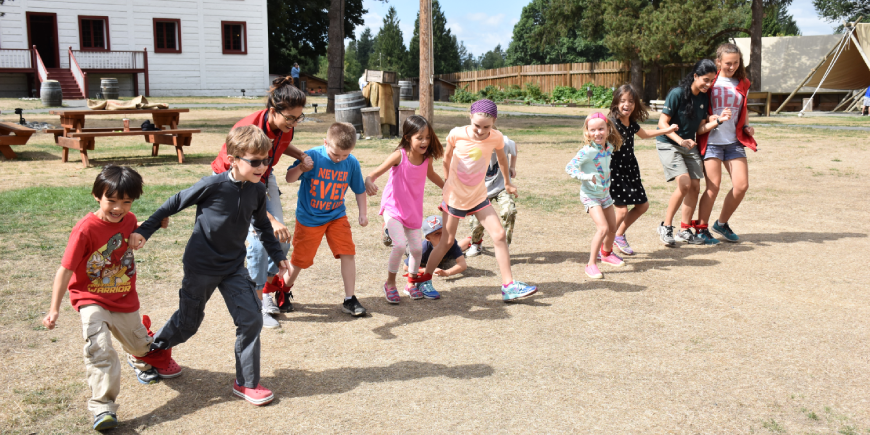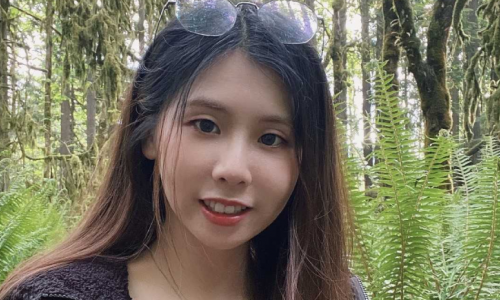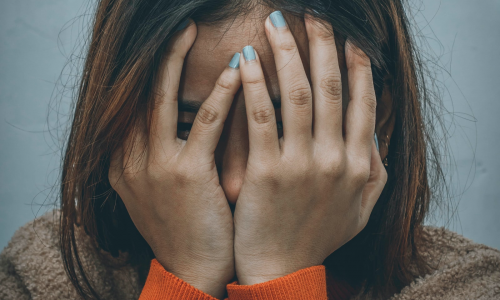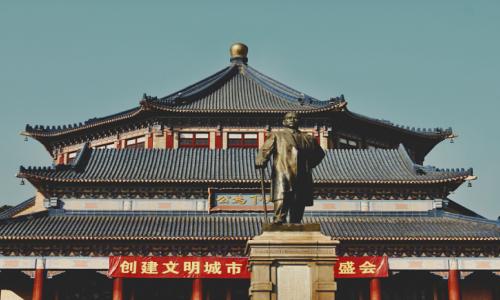
Youth are the future. It sounds cliché, but this saying holds a great deal of truth. I used to think this was something that teachers and mentors say simply to encourage young people to do something productive. Despite my involvement in various fundraisers and community initiatives, I wasn’t completely convinced that young people held the answer to the world’s problems. It’s difficult to imagine that you hold the power to change the world when you’re still trying to figure out what you want to be when you grow up. At least that was the case for me until a few summers ago.
During the summer before my second year of university, I had the opportunity to travel to Kenya on a service trip with an organization called “Free the Children”. I embarked on the journey with seventeen other young women, to a remote village to help expand a medical centre. I knew I wanted to help others but what I didn’t know was the impact this trip would have on me. The most valuable part of my experience with “Free the Children” was a workshop that we did near the end of the trip. Our coordinators asked us to think about an issue that we were really passionate about. Next, we pledged to address this issue and made a plan of how to tackle it in our communities back home. In trying to shift my perspective from a global community back to my local one, I realized that our world is plagued with so many issues that it can be overwhelming to think of all the places that help is needed. However, I found it empowering to choose an issue I felt strongly about and work towards making change.
The solutions to broad social issues are neither simple nor definite, all we can do is add our pieces to the puzzle. It might seem insignificant, but as more people start to lay down their pieces, the puzzle begins to come to life.
The issue I chose was mental health. I am aware of the stigma of young people with mental health issues and the lack of sufficient resources in my community, so I wanted to focus my efforts there. As a result, I signed up as a volunteer for the Fraser Health Crisis Line shortly after I came back home and am still volunteering there today.
In my role as the Day Camp Coordinator working for Parks Canada at Fort Langley National Historic Site, I have the opportunity to facilitate camps for children ages 6-12 years. Aside from making candles and playing capture the flag, day camps are a place where children get to explore, have fun and make new friends. Campers have the chance to try unfamiliar activities in a safe environment pushing them towards growth. It is this self-confidence that allows children to believe that they can make a difference in the world. I am very excited to play a part in helping young people feel empowered this summer and encouraging them to find their puzzle piece.
Looking back on my journey from Free the Children to Fraser Health and now here at Parks Canada, I am amazed at the impact that each youth can make. It’s hard to believe that there was a time that I thought youth couldn’t make such a large impact.
Not everyone needs to travel halfway across the world to make a difference. There are worthwhile issues that need our help and attention in our own neighbourhoods; all it takes is a little awareness and initiative. Youth are the future. The efforts of today make for a brighter tomorrow. If we can encourage youth that their efforts are worth something, the puzzle might be a whole lot closer to complete.














